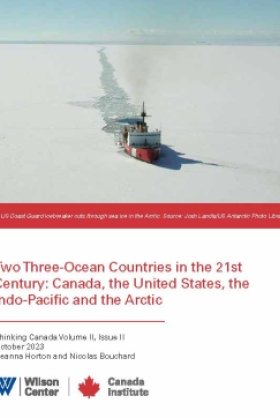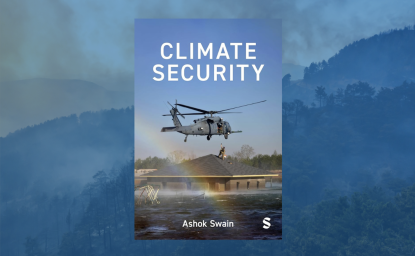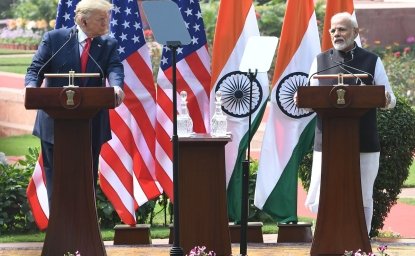Thinking Canada | Two Three-Ocean Countries in the 21st Century



Beyond the world's longest shared land border, Canada and the United States share coastlines along three oceans: the Arctic, the Atlantic, and the Pacific. As three-ocean nations, both countries must consider their approaches to emerging strategic opportunities, especially as adversaries seek to extend their own influence to Canadian and US shores.
In this instalment of Thinking Canada, Global Fellow Deanna Horton and cybersecurity consultant Nicolas Bouchard examine the geopolitical landscape surrounding Canada and the United States in the Arctic and Indo-Pacific.



The mission of the Wilson Center's Canada Institute is to raise the level of knowledge of Canada in the United States, particularly within the Washington, DC policy community. Research projects, initiatives, podcasts, and publications cover contemporary Canada, US-Canadian relations, North American political economy, and Canada's global role as it intersects with US national interests. Read more


